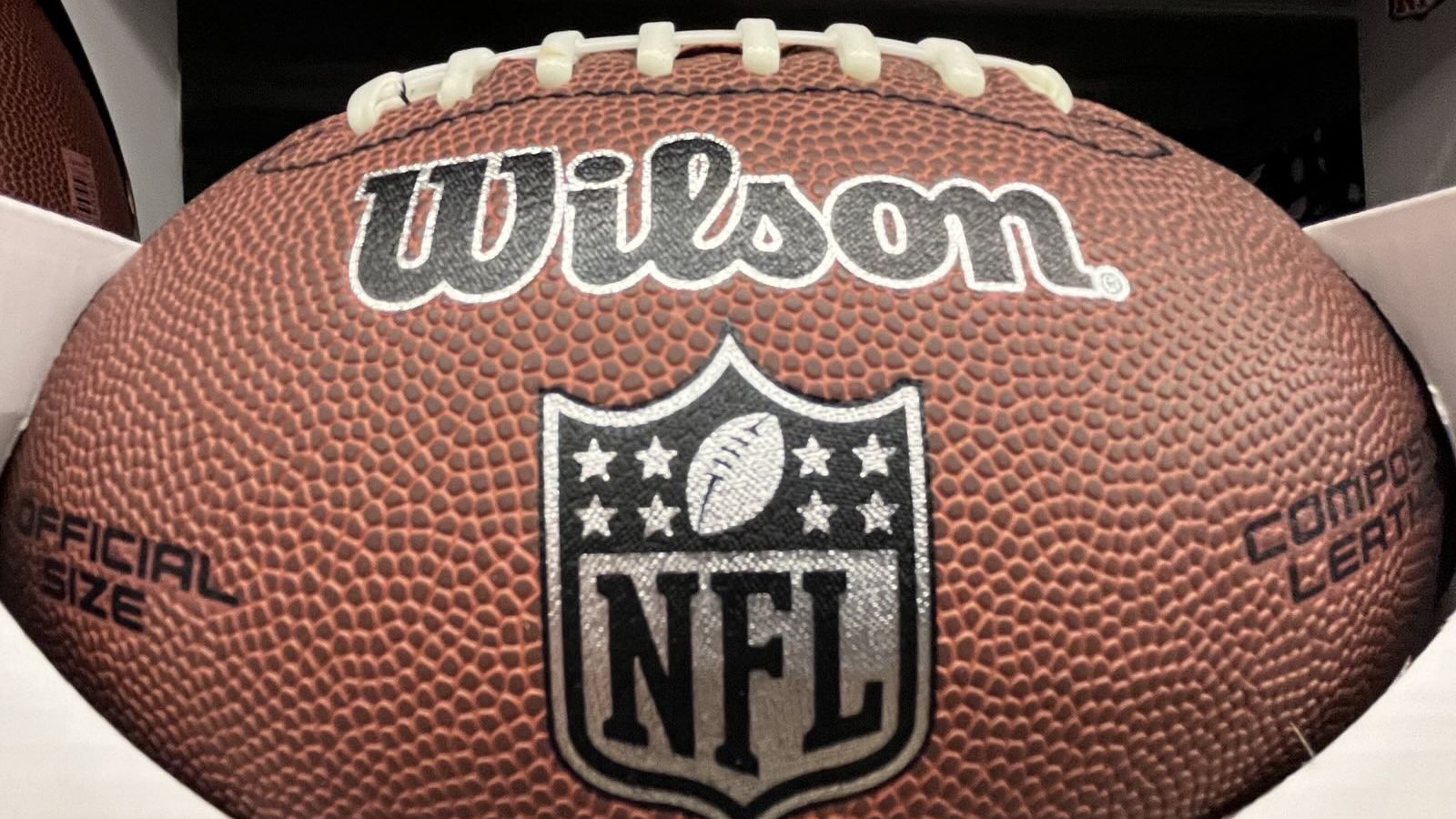Introduction
In recent years, the acceptance of cannabis products as a viable option for pain management and injury recovery among athletes has seen a significant shift. Traditional medical treatments have often relied on pharmaceuticals, which come with a plethora of side effects and potential for addiction. Cannabis, on the other hand, offers a natural alternative that many athletes claim helps with inflammation, pain relief, and recovery time without the adverse effects associated with conventional medications. This study explores the growing trend among athletes, across various levels of competition, in advocating for and utilizing cannabis products to aid in their recovery and pain management processes.
Athlete Advocacy and Case Studies
Numerous high-profile athletes from sports such as basketball, football, and mixed martial arts have publicly endorsed the use of cannabis products, citing personal experiences where these alternatives have significantly improved their recovery times and reduced pain. These endorsements often highlight the effectiveness of cannabidiol (CBD), a non-psychoactive compound in cannabis, in treating chronic pain and inflammation without impairing cognitive functions. The case studies presented in this analysis focus on qualitative data gathered from interviews, social media posts, and public statements made by athletes, illustrating a broad consensus on the benefits of cannabis products for physical recovery and well-being.
Scientific Perspective on Cannabis for Recovery
Scientific research supports the anecdotal evidence provided by athletes, with studies indicating that CBD possesses anti-inflammatory properties and the potential to reduce pain perception. Furthermore, the World Anti-Doping Agency (WADA) removed CBD from its list of prohibited substances in 2018, acknowledging its benefits and differentiating it from other cannabis compounds that have psychoactive effects. This decision has opened the door for more athletes to explore CBD products as part of their recovery regimen, underlining the importance of distinguishing between therapeutic use and recreational abuse within the context of professional sports.
Conclusion
The support of cannabis products by athletes for injury recovery and pain management reflects a broader cultural shift towards natural and holistic approaches to health care. As more athletes share their positive experiences with cannabis, they not only contribute to destigmatizing its use but also encourage further scientific research into its benefits and applications in sports medicine. This evolving perspective represents a significant step forward in understanding and utilizing cannabis products as a safe and effective tool for athletes seeking to enhance their recovery processes and overall well-being.

